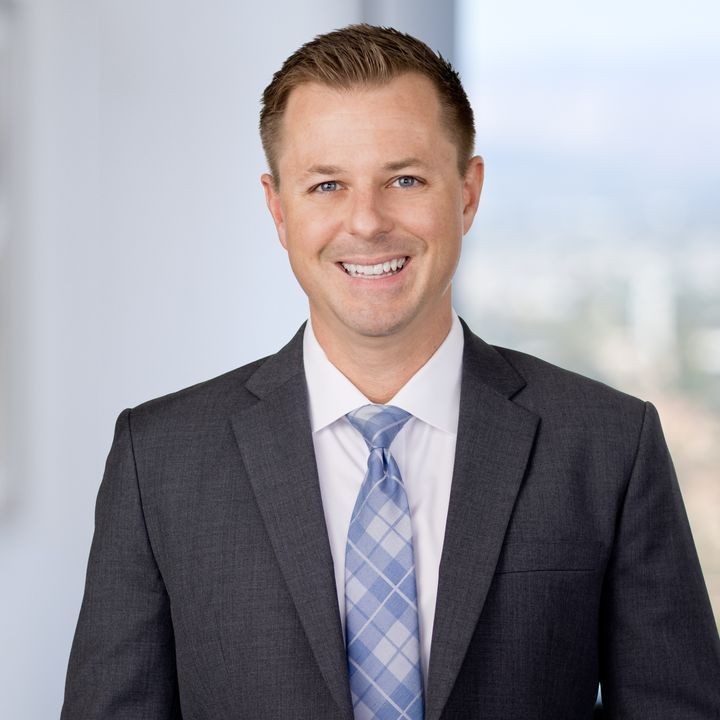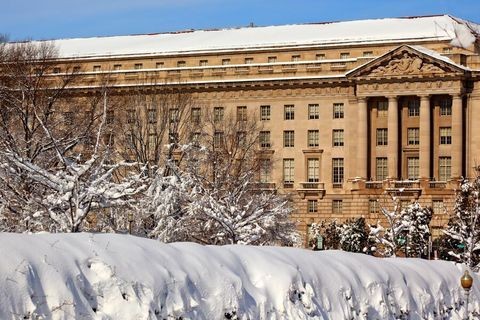DOJ Begins Targeting COVID-19 Fraud Schemes
Client Alert | 1 min read | 03.20.20
In response to increased reporting of COVID-19-related fraud and misconduct, on March 16, 2020 Attorney General Barr directed all U.S. Attorneys to prioritize the prosecution of wrongdoers seeking to profit from this national crisis. Barr stated in his directive that "[t]he pandemic is dangerous enough without wrongdoers seeking to profit from public panic and this sort of conduct cannot be tolerated." Examples of such conduct include the sale of fake cures for COVID-19, phishing emails posing as the World Health Organization or the Centers for Disease Control and Prevention, and malware being inserted into mobile apps designed to track the spread of the virus.
U.S. Attorneys have already started responding to the directive. The U.S. Attorneys in the Western District of Pennsylvania and the Southern District of Mississippi have each appointed a dedicated COVID-19 fraud coordinator, while other U.S. Attorneys have launched hotlines and educational campaigns to combat COVID-19-related fraud. They are joined by other U.S. agencies that are starting to ring similar alarm bells, like the GSA which put out a notice this week that it has received reports of companies fraudulently claiming to be GSA vendors to mislead consumers into paying exorbitant prices for products associated with COVID-19. Over the coming days and weeks, we expect that U.S. Attorneys and agencies across the country will further shift their criminal and civil enforcement priorities to cases stemming from the COVID-19 crisis.
Contacts
Insights
Client Alert | 4 min read | 02.04.26
DOJ Antitrust Division Issues First-Ever Award Under Whistleblower Rewards Program
On January 29, 2026, the U.S. Department of Justice (DOJ) Antitrust Division (Division) and U.S. Postal Service announced the first-ever payment under the antitrust whistleblower rewards program, awarding $1 million to an individual whose information led to a $3.28 million fine as part of a deferred prosecution agreement with EBLOCK Corporation, an online auction platform for used vehicles.
Client Alert | 4 min read | 02.04.26
New York District Court Confirms Insurance Coverage Must Mean Something
Client Alert | 13 min read | 02.04.26
Client Alert | 2 min read | 02.03.26



